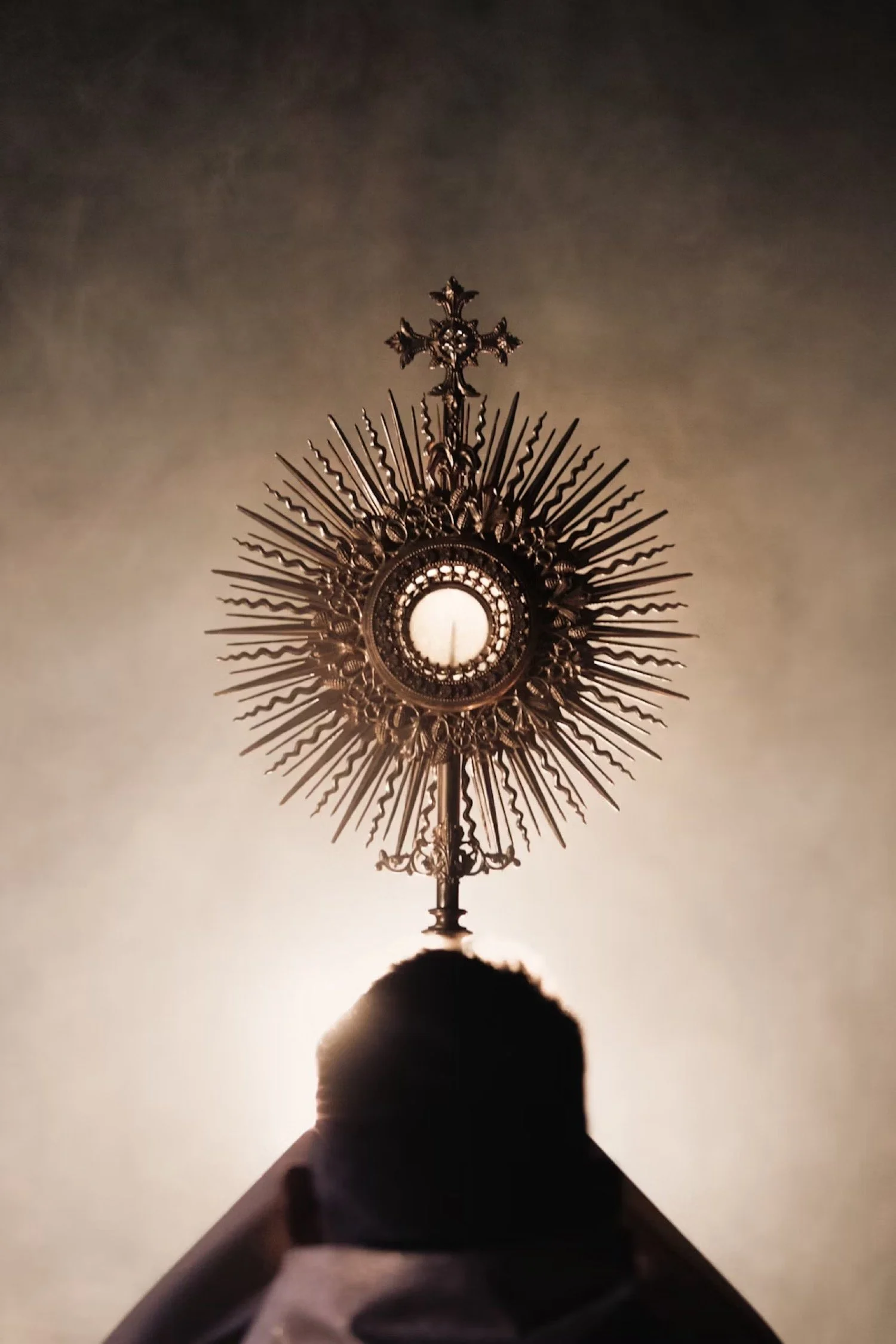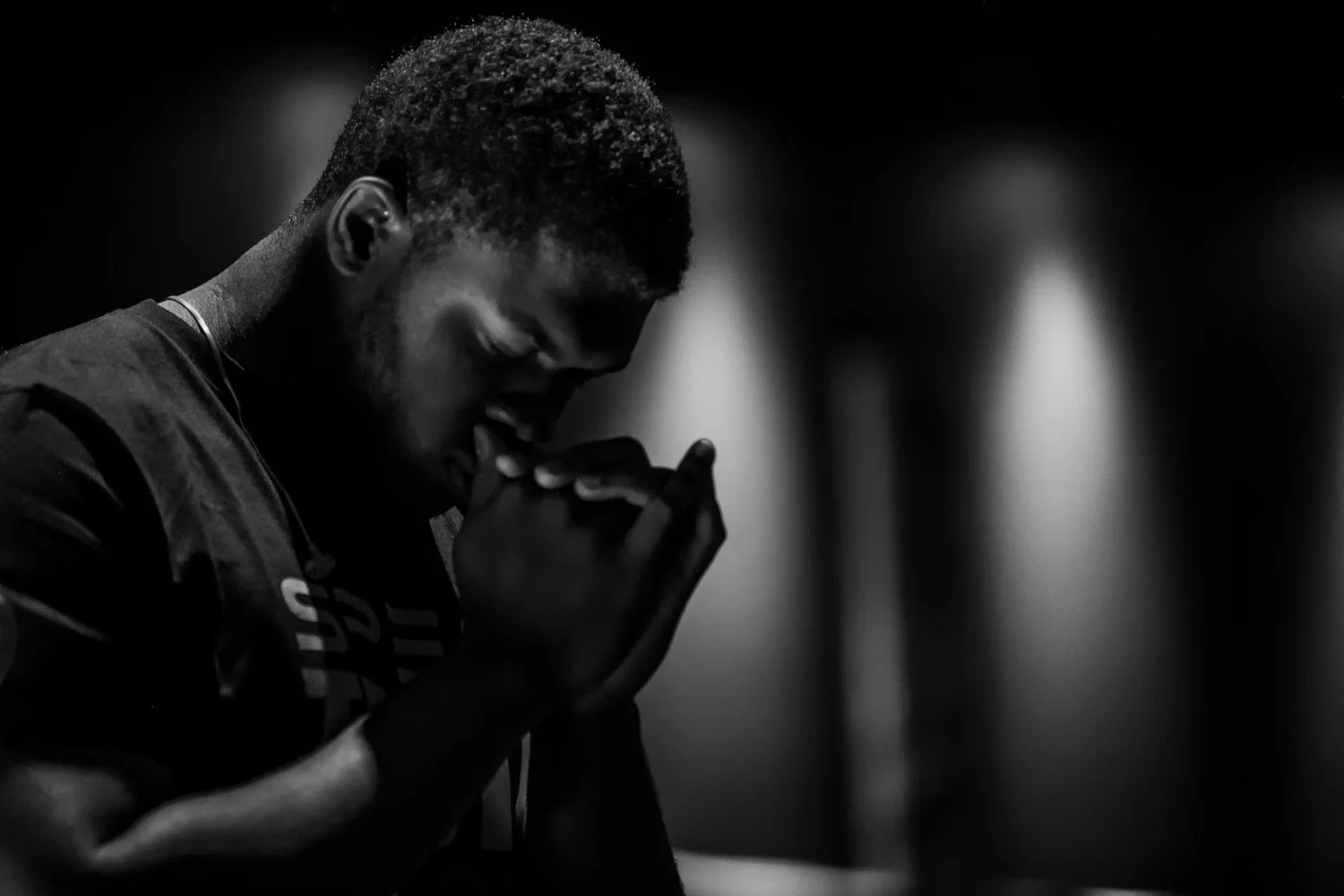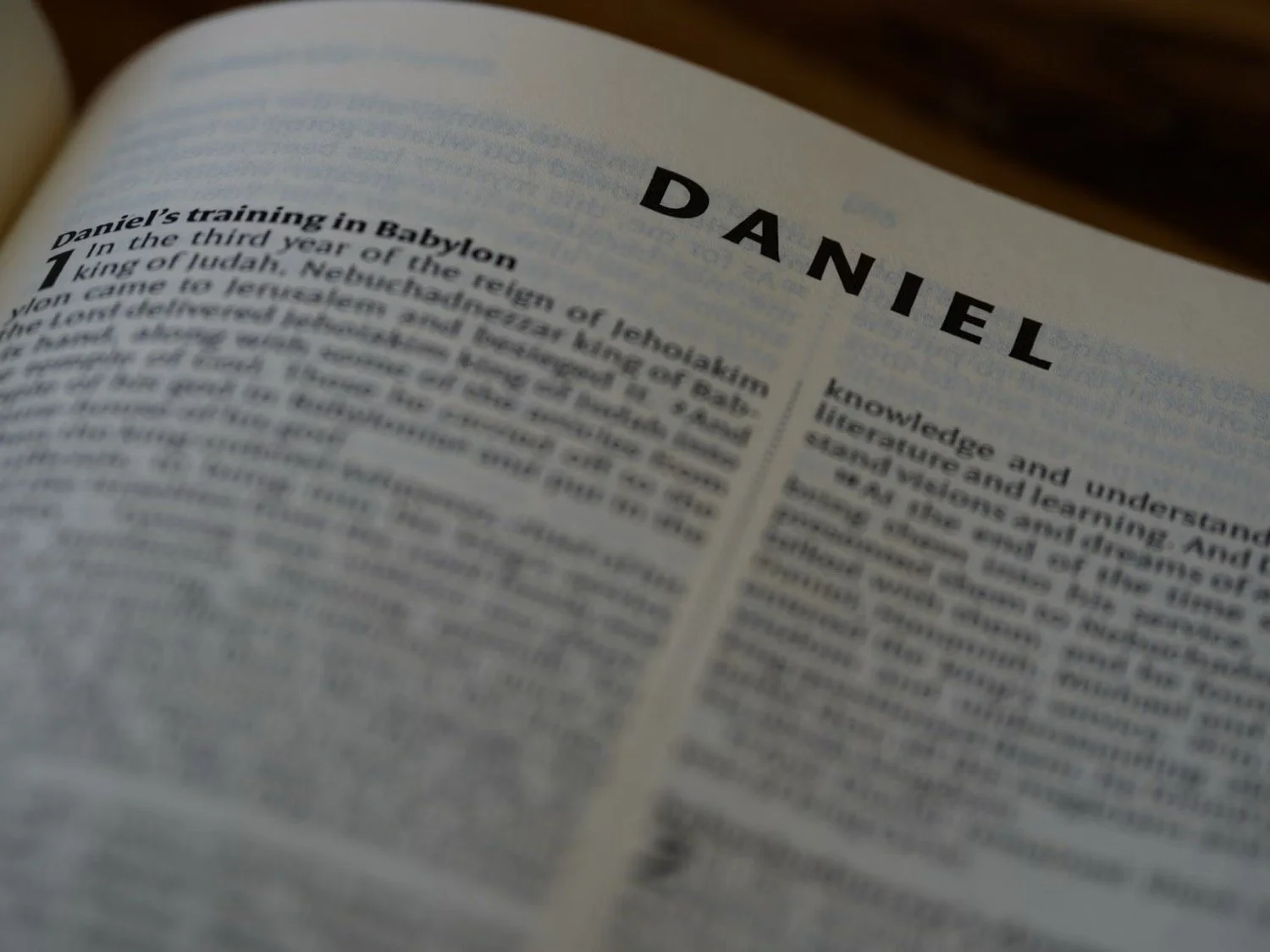Readings for today: Daniel 4-6
One of the hallmarks of a Christian is her heart for the lost. We are commanded in Scripture to love those who are lost. To have compassion on those who do not yet know God. To reach out to them. To serve them. To bless them in the name of Jesus. The examples from Scripture are legion. From the beginning where God demonstrates His love for Adam and Eve and Cain even amidst their sin. To the love Abraham showed for the people of Sodom, interceding for them when they faced destruction. Moses showed love to his father-in-law, a non-Israelite, raising him to a position of leadership among the people of God. I think of how the Law of God embraces the stranger, foreigner, and alien in the midst of God’s people and I think of how we see that fleshed out in the embrace of women like Rahab and Ruth and the critical role they play in the genealogy of our Savior.
Daniel embodies this love as well. His close relationship with the kings he serves is well-attested in the chapters we read today. When Nebuchadnezzer has a dream, Daniel is the man he calls on. It’s important to note that Nebuchadnezzer even uses Daniel’s Jewish name which is highly unusual as the Babylonians “renamed” people in order to assimilate them fully into Babylonian culture. “At last Daniel came in before me—he who was named Belteshazzar after the name of my god, and in whom is the spirit of the holy gods…” (Daniel 4:8) And Daniel clearly communicates his love and concern for Nebuchadnezzer as he interprets the dream for him. “Then Daniel, whose name was Belteshazzar, was dismayed for a while, and his thoughts alarmed him. The king answered and said, “Belteshazzar, let not the dream or the interpretation alarm you.” Belteshazzar answered and said, “My lord, may the dream be for those who hate you and its interpretation for your enemies!” (Daniel 4:19)
Daniel’s special relationship with the kings he serves is not limited to Nebuchadnezzer. It extends to Darius as well. “Then this Daniel became distinguished above all the other high officials and satraps, because an excellent spirit was in him. And the king planned to set him over the whole kingdom.” (Daniel 6:3) Clearly, Daniel’s reputation precedes him. He is esteemed above all the wise men and satraps and other potential counselors of the king. Furthermore, when their jealousy gets the best of them and they craft legislation specifically attacking Daniel’s faith, Darius laments what he has to do and is the first to arrive at the mouth of the lion’s den to see if Daniel has survived. “Then the king, when he heard these words, was much distressed and set his mind to deliver Daniel. And he labored till the sun went down to rescue him…Then the king went to his palace and spent the night fasting; no diversions were brought to him, and sleep fled from him. Then, at break of day, the king arose and went in haste to the den of lions. As he came near to the den where Daniel was, he cried out in a tone of anguish. The king declared to Daniel, “O Daniel, servant of the living God, has your God, whom you serve continually, been able to deliver you from the lions?” My God sent his angel and shut the lions’ mouths, and they have not harmed me, because I was found blameless before him; and also before you, O king, I have done no harm.” Then the king was exceedingly glad, and commanded that Daniel be taken up out of the den. So Daniel was taken up out of the den, and no kind of harm was found on him, because he had trusted in his God. And the king commanded, and those men who had maliciously accused Daniel were brought and cast into the den of lions—they, their children, and their wives. And before they reached the bottom of the den, the lions overpowered them and broke all their bones in pieces.” (Daniel 6:14, 18-20, 22-24)
One can see from such verses how Daniel loved the lost kings whom he served. He loved them as God loved them. He served them out of reverence for Christ. He gave his life to them in an effort to lead and direct them to a saving faith. And his efforts were not in vain. Nebuchadnezzer gave glory to the God of Israel. Belshazzar was brought to his knees before the God of Israel. Darius issues a proclamation that all the people of the empire would worship the God of Israel. It’s a powerful testimony and example to us all.
So…how do you love the lost? Take it one step back…do you love the lost? Do you love those who do not know Christ or do you look down on them? Do you love those who are still enslaved to their sin or do you disdain them? Do you love those who are struggling and wandering and perhaps even living in willful rebellion against Christ or do you seek to reach them, serve them, care for them, have compassion on them? What creates barriers to love in your life? Is it politics? Ethnicity? Economics? Is it lack of forgiveness? Lack of grace? Lack of understanding? Is it anger? Frustration? Lost hope? Let the gospel minister to your soul. Let the gospel restore your faith and renew your love. Remember the gospel is the literal power of God for all those who would believe, Jew and Gentile alike. It is God’s desire that all should be saved and come to a knowledge of His truth. This includes even those we would consider our enemies. Let Daniel’s example both challenge and inspire you today to reach out to those who do not yet know Christ.
Readings for tomorrow: Daniel 7-9




